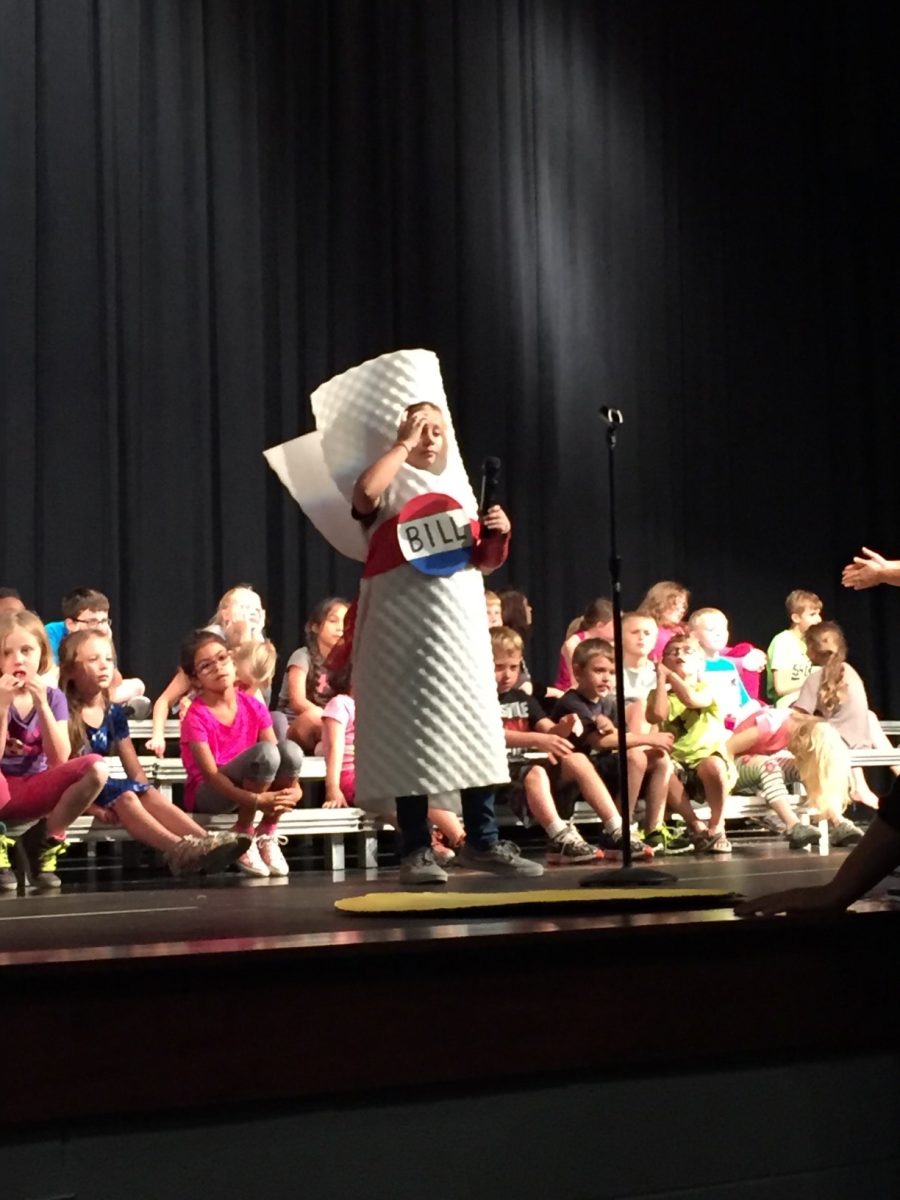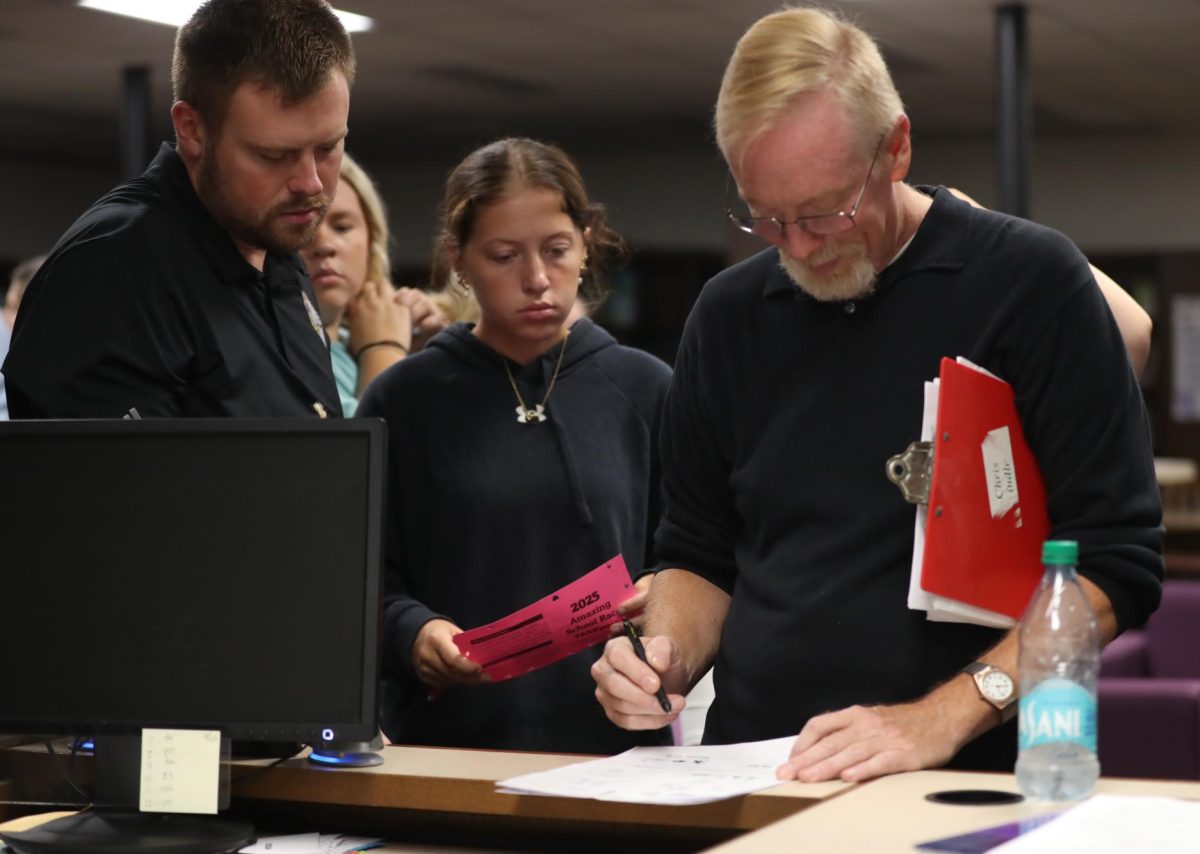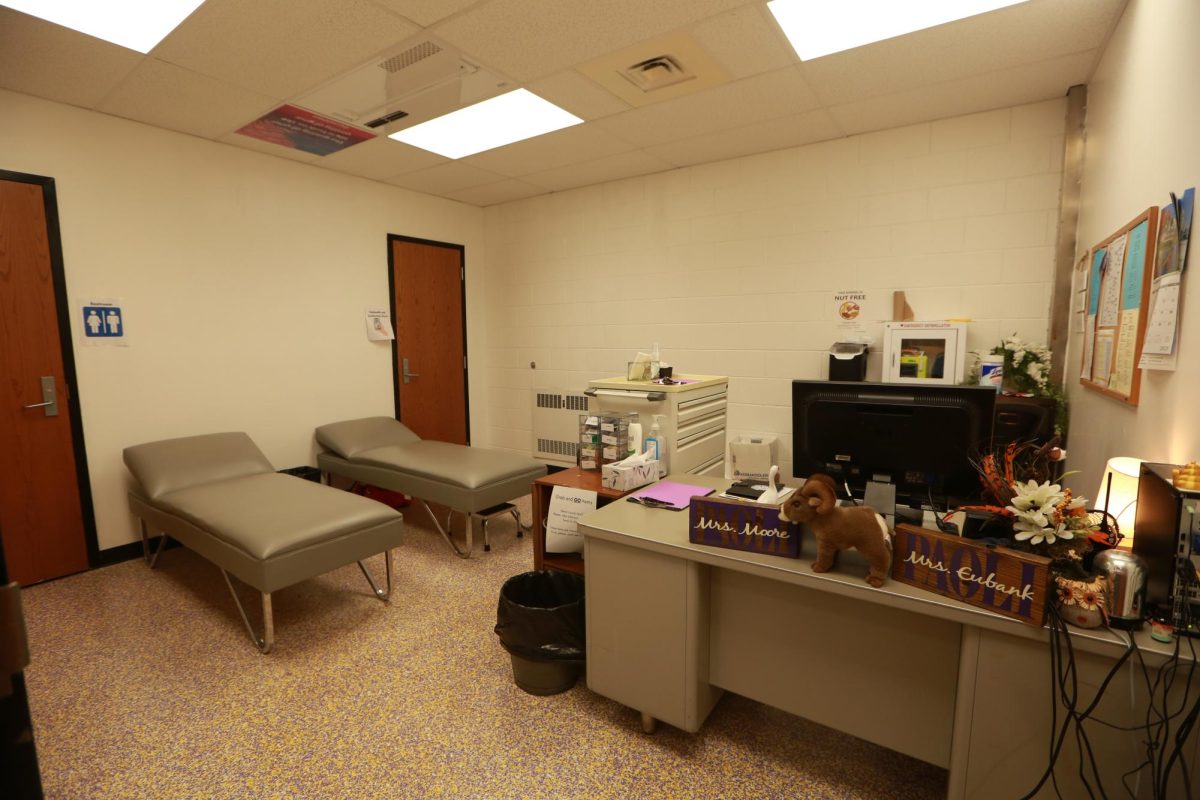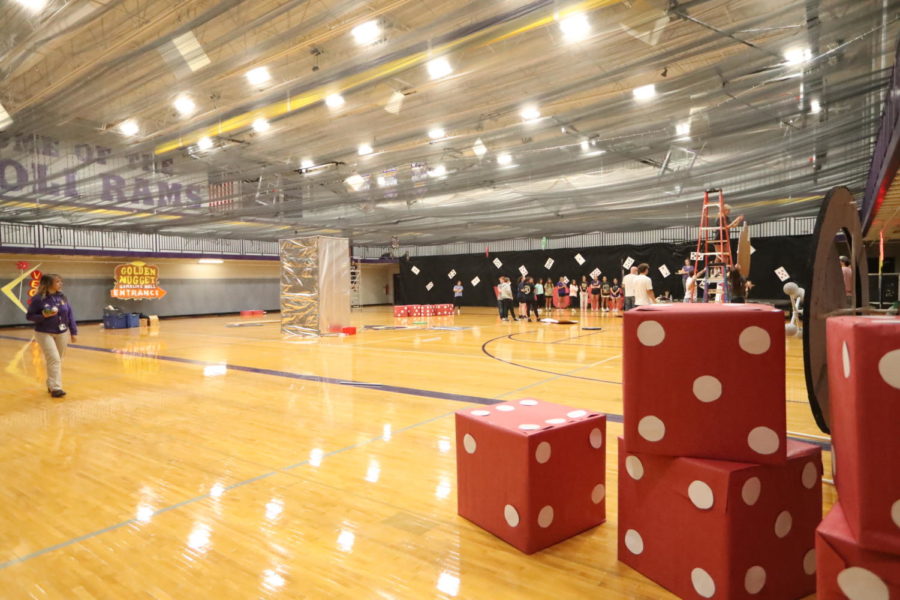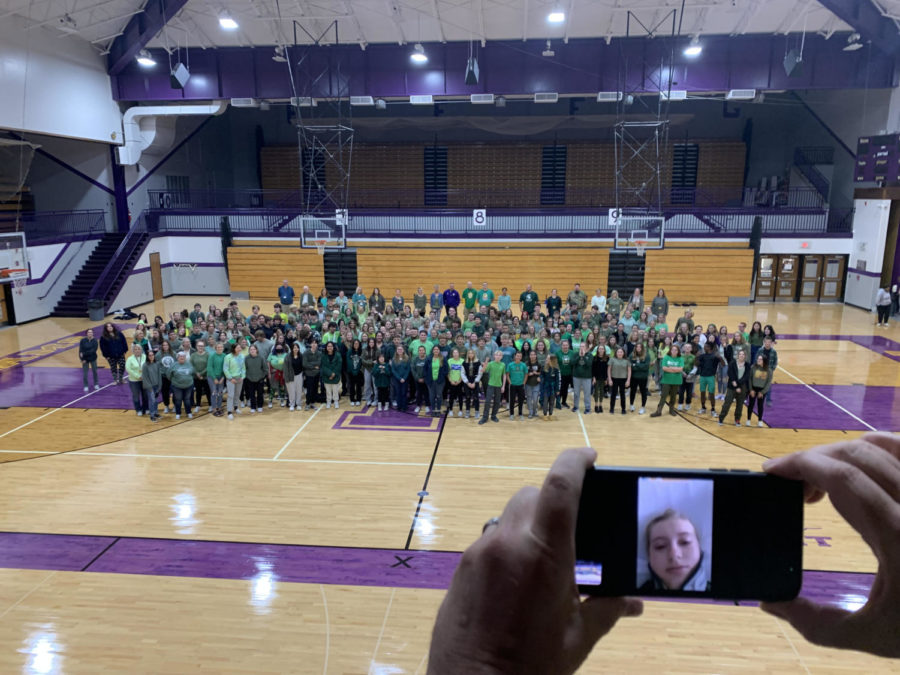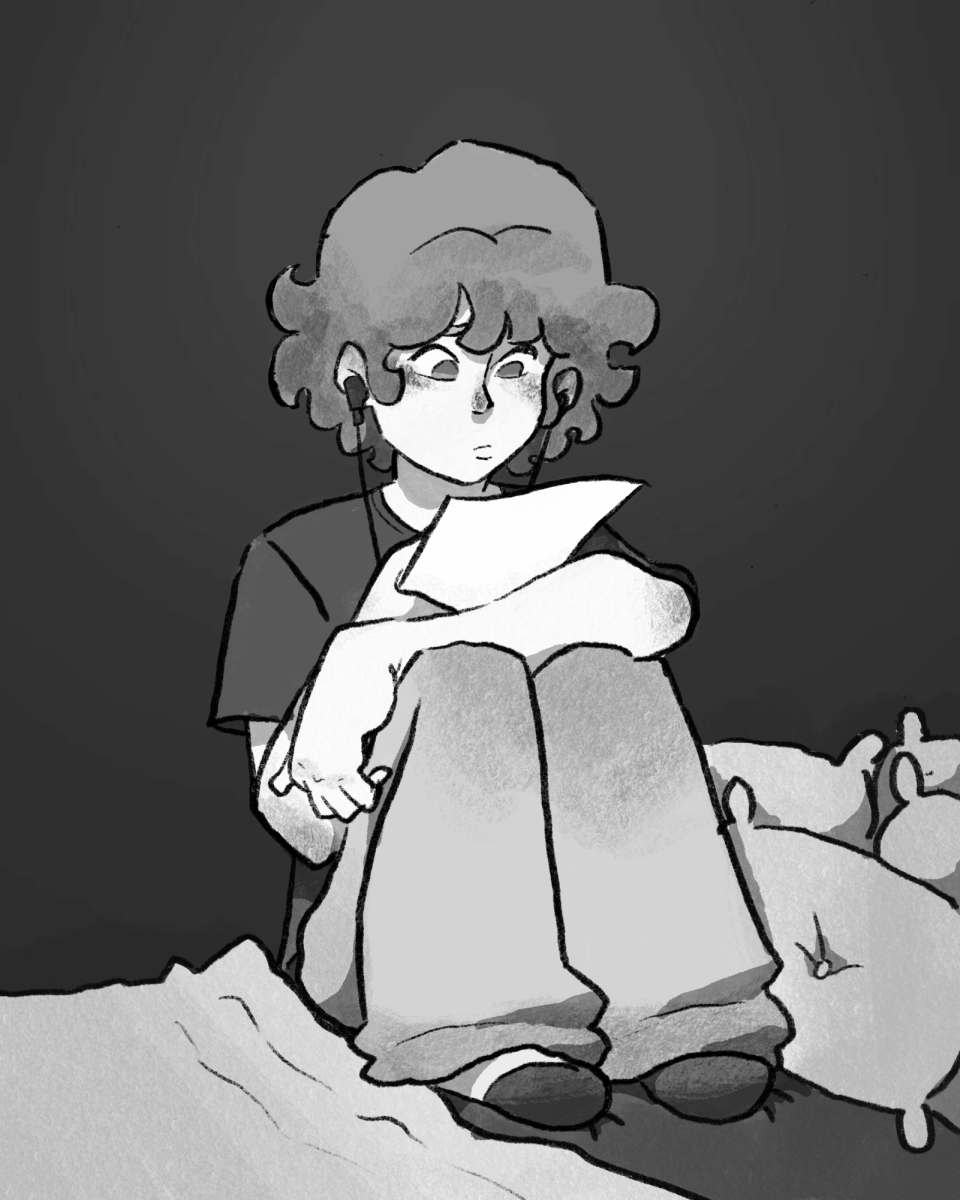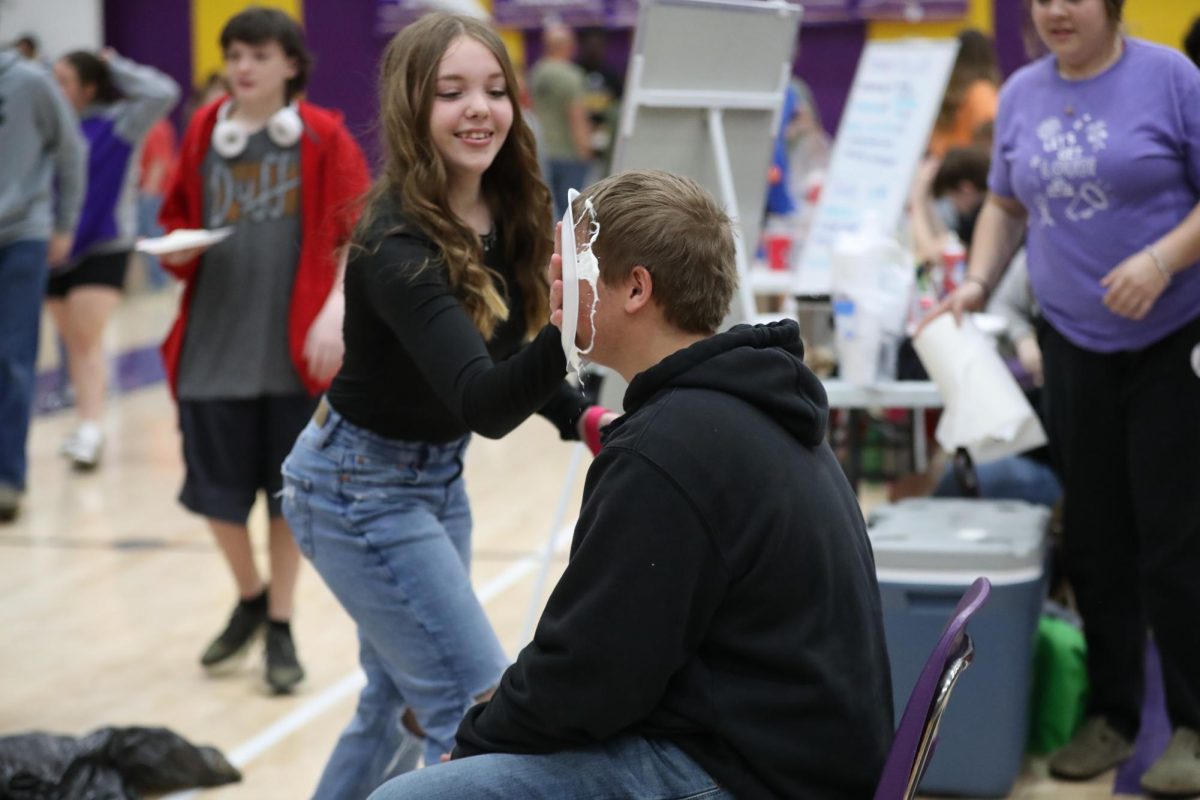On Tuesday, September 28, a new kind of two-hour delay was started to reward students for no zeros. The idea was to reward those students who have kept up with their work, and give students with missing work the chance to make it up before the end of the nine-weeks.
The effectiveness of this day is something our staff is divided on.
Several of our staff without zeros enjoyed it, and were able to participate in the activities offered or used the time to catch up on homework. But the majority of our staff did not feel it had a significant impact.
In the future we hope our school leaders could plan a field trip or letting the people who have no zeros stay home for the first two hours as an incentive to keep up on schoolwork.
But how can we avoid the need for a day like this in the future? Members of our staff were divided into two main sides: the responsibility should fall on the shoulders of the student and the responsibility should be shared between the educators and students. Our staff offered a few potential solutions.
One change we would like to see made is making assignments due at 11:59 p.m. for all teachers. A consistent turn in time might help us avoid late work penalties. Every student has been in the situation where they get on Google Classroom and see an assignment due at 3:15 p.m. or 8 a.m. the next day. Many of us have felt a collective annoyance at the changing times from class to class because we know our teachers are not going to grade our work at those times. To fix this, assignments need to be made due after school – otherwise students may be forced to use other teachers’ class time to complete their work.
Another popular suggestion was lessening our homework load. After doing assignments all day at school, no one wants to come home and have to put in even more hours of effort into academics. The same can be said for teachers who spend much of their own time outside of school grading assignments and preparing for their lessons. Although in some situations, homework cannot be avoided, but maybe more time could be given to allow students to work through some assignments in class. While students are doing their homework, teachers could catch up on grading or lesson planning. Another solution given was to allow students to have all of their homeroom to work, instead of making us do activities which take away from studying.
A few students feel a change in our learning environment, both physically and mentally, could be improved. In terms of physical discomfort, the constant variation in temperature was brought up. It is very difficult to learn when we are shivering from the cold in one room and sweating profusely in the next.
Similarly, many students feel uncomfortable asking questions in classes because they are afraid of being embarrassed, whether by their classmates or even teachers. This leads to a lack of clarity on subjects which snowballs as the year goes on and increases the chances of failure. In order to stop this and help students to get a full understanding, each classroom needs to feel like a safe and positive space which supports the asking of questions.
It’s hard for us to not feel like we are more than just a potential detention, rule-breaker, or criminal. We understand the need to follow rules in order to become law-abiding citizens, but continual condemnation takes a toll on us all, especially those of us who are not apart of this small group of rule violators. It is crucial to find a happy medium between constructive criticism and rewarding reminders. We believe teachers and administrators could concentrate on more positive things like students who have been performing well academically and those who have made improvements. Hearing others being praised for their accomplishments will encourage others to push themselves harder for the same validation, and make it known the effort we put into school does not go unseen.
Having no motivation was mutually agreed upon the reason for student failure. Many students believe how they do in school won’t affect their lives, and don’t have clear goals they are inspired to reach. We asked our staff what they use to drive themselves to get their work done – even when it gets hard. Several students had simple answers like practicing good habits such as using agendas and calendars in order to get an idea of what they need to complete and prevent themselves from forgetting something and in turn stressing over it.
Others said they just get it done, even if they procrastinate until the last minute, they are aware of the importance of their assignments and make it come together in the end. Even if you don’t complete an assignment, just doing half of it is better than none. That 50% won’t hurt your grade as much as a zero.
The majority of our staff members said focusing on the future is the most helpful thing for them – by thinking about the consequences that will occur if they don’t do their work. One student mentioned incorporating a method they used at their old school which involved making an index card or a slideshow that listed the things they wanted in the future (ex: a college degree, a big house, a specific job) and what they needed to do in order to get there. It all starts here at school, acquiring habits and strategies which will help us throughout our lives. After all, as soon as we graduate, how we did in
school gives us the options for our futures.
Staff Editorial




